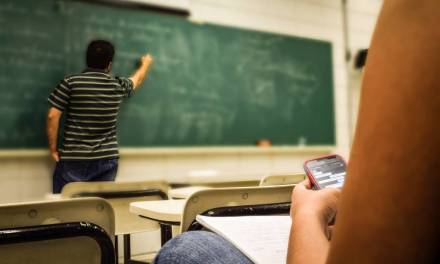Positive intervention in schools is a powerful tool for enhancing students’ confidence and motivation. This approach, which encompasses a range of strategies from individualized support to broader school-wide programs, aims to create an environment where students feel valued, capable, and enthusiastic about their education. By fostering a positive school culture, educators can significantly influence students’ academic and personal development.
One of the primary ways positive intervention boosts confidence is through the establishment of supportive relationships between students and educators. Teachers who engage with students on a personal level, showing genuine interest in their lives and learning, can help students feel more connected and understood. This connection fosters a sense of belonging and self-worth, which is crucial for building confidence. When students believe that their teachers care about their success, they are more likely to take risks, ask questions, and engage fully in their learning experiences.
Moreover, personalized feedback and recognition are essential components of positive intervention. Constructive feedback helps students understand their strengths and areas for improvement without feeling discouraged. Celebrating small achievements and milestones can significantly boost students’ self-esteem. For instance, acknowledging a student’s improvement in a particular subject or their effort in completing a challenging project can reinforce their belief in their abilities. This recognition not only motivates students to continue striving for success but also helps them develop a growth mindset, where they view challenges as opportunities for growth rather than as insurmountable obstacles.
Positive intervention also includes the implementation of programs and activities that promote social-emotional learning (SEL). SEL programs teach students essential skills such as self-awareness, self-management, social awareness, relationship skills, and responsible decision-making. These skills are foundational for building confidence and motivation. For example, teaching students how to set realistic goals and develop plans to achieve them can enhance their sense of agency and control over their academic and personal lives. When students feel capable of managing their emotions and relationships, they are more likely to approach their studies with a positive attitude and greater motivation.
Creating a positive and inclusive school climate is another critical aspect of positive intervention. Schools that prioritize inclusivity and diversity create an environment where all students feel respected and valued. Anti-bullying programs, peer mentoring, and cooperative learning activities can help foster a sense of community and mutual respect among students. When students feel safe and accepted, they are more likely to participate actively in class and pursue their interests with enthusiasm.
Extracurricular activities and opportunities for student leadership also play a vital role in positive intervention. Participation in sports, clubs, and other extracurricular activities provides students with opportunities to explore their interests, develop new skills, and build friendships outside the classroom. These experiences can significantly boost students’ confidence and motivation by allowing them to achieve success in various contexts. Furthermore, leadership roles in these activities can help students develop a sense of responsibility and self-efficacy, further enhancing their confidence and motivation.
In conclusion, positive intervention in schools is a multifaceted approach that can profoundly impact students’ confidence and motivation. By fostering supportive relationships, providing personalized feedback, implementing SEL programs, creating an inclusive school climate, and offering extracurricular opportunities, educators can create an environment where students feel valued and capable. This, in turn, leads to increased engagement, better academic performance, and a more positive attitude towards learning. Ultimately, positive intervention helps students develop the confidence and motivation they need to succeed both in school and in life.
For more information on this area of research please visit Behaviour interventions | EEF (educationendowmentfoundation.org.uk).









